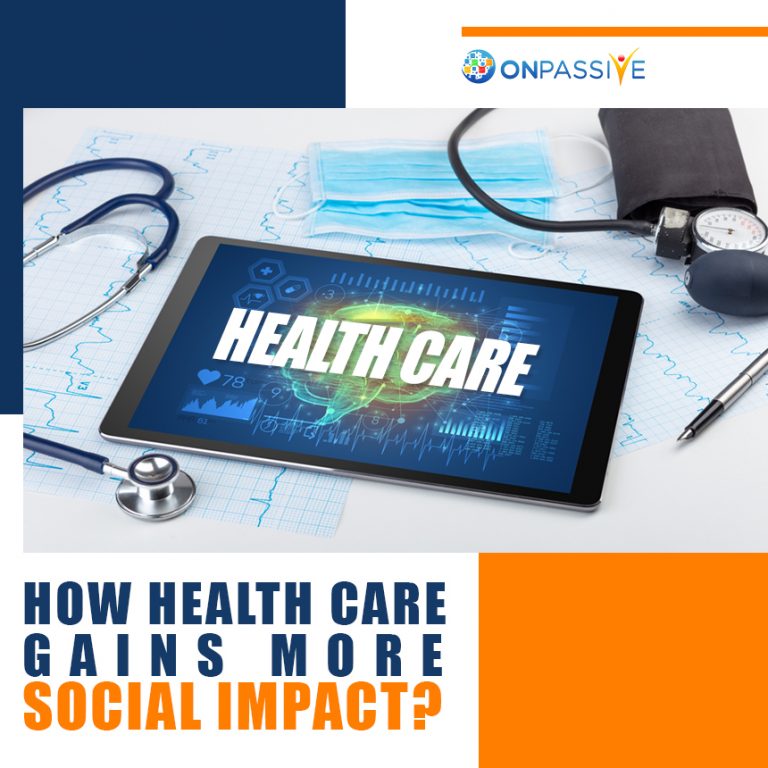
Technology has revolutionized knowledge sharing between enterprises and customers. Today, even the most complex questions are just a search Google search away.
The pattern has shifted quite dramatically in the way people look for medical care. Before contacting their nearest doctor, people are more likely to Google their symptoms these days.
Google currently receives more than 1 billion health-related questions every day, contributing to 7% of its total traffic. More medical information and advice are shared on social media too.
For example, 90% of older adults report searching and exchanging health information with relatives, friends, and acquaintances, and it is a great deal of action.
What is Social Listening?
Social listening refers to collecting social media data to understand better who is communicating and how they feel about you. Social listening enables the evaluation of unsolicited (read: honest) consumer input.
Significant Benefits of Social Media
As a health care professional, you need to consider what is of concern to your communities. Knowing more about what’s going on around, you will help you be more equipped to provide excellent care.
Data-driven social listening lets you do this. A robust social listening tool increases healthcare providers’ capability in several fields, allowing them to:
● Track critical trends in your brand credibility and monitor broader public health patterns
● Help the patients get involved and educate them simultaneously
● Avoid misinformation and fake news
● Foster collaboration with other health care organizations
● Expand brand recognition over several platforms
● Effective marketing
● Deal more proactively with online crises
Here is how to utilize social media to enhance the healthcare experience:
Use Social Listening to Discover Patient Needs
Social media listening helps you assess the company’s credibility, see what the prospective and actual patients think, and respond to their needs. If you want to introduce a social media monitoring program off-the-shelf or create your own, now is the time to start doing so. Consumers use social media to share everything they have about their lives. It is up to healthcare entities to adapt to these debates.
Engage with the Local Influencers
Social media can expand your company’s score with the help of influential performers already operating in your space and help create trust with your patients. Share genuinely useful content with people willing to make the most of the market that you want to meet. It can be as easy as identifying a way to evaluate social media networks, recognize critical players in space, and reach out accurately. Trust building creates credible relations, which eventually can contribute to more sales.
Build Authority by Empowering Multimedia Content to Customers
The internet offers powerful platforms for establishing authority and disseminating useful information. The rising demand for reliable and usable information provides an opportunity for patients to engage and build credibility. If you are not currently utilizing content marketing to educate your consumers and give them value, you are losing out on significant opportunities to expand your reach. Infographics and insightful posts that are well-timed make a huge difference in who reads your content, how they interact with it, and its effect.
Educate Followers about Your Organization
Social media is the very first place that potential new patients will come across you. Manage your identity in social media, and consciously show your values, goods, and services. Professionals in healthcare who do not use social media as part of their marketing plan are losing potential patients. Unlike content marketing, online branding for medical institutions involves strategic planning, awareness of your target audience, and the ability to create digital authority through multiple platforms.
Quick Takeaway:
Healthcare agencies, in particular, must:
- Attentively listen to what their patients say online (and apply the knowledge)
- Draw on the power of online influencers to hit crowds and pass on your message
- Build useful, digestible content for your audience
- Using social networks as a deliberate space to create your mark
- Engage, endorse, and build a forum for constructive communication between patients, physicians, business leaders, and policy-makers.
It has never been more critical than the global response we see today to the COVID-19 pandemic in times of crisis. Millions of people are searching for support and advice from healthcare providers, and it is up to them to do everything possible to help.
As people worldwide are increasingly active on social media, searching for various health advice and solutions, hospitals must follow their lead.



Angela Nycz
4 years ago